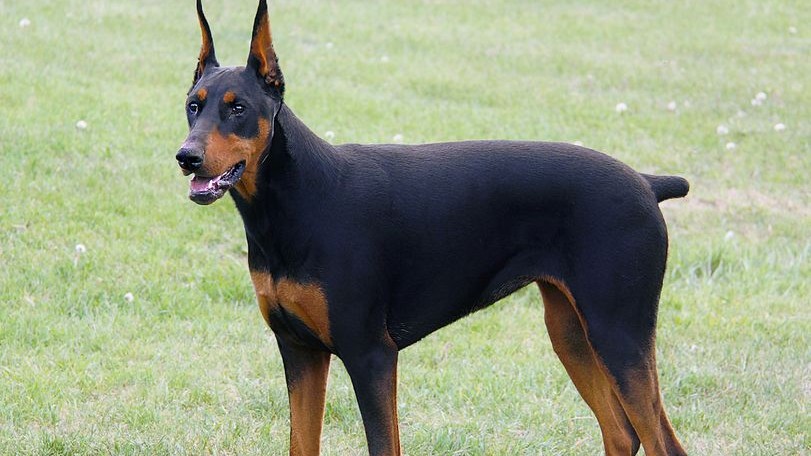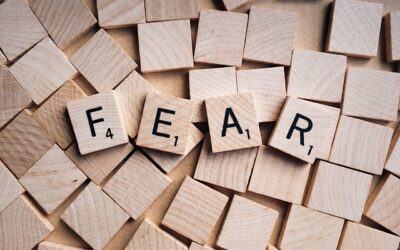What, exactly is “stupid courage”?
When I was a kid, a ferocious dog named King lived down the street. Being six years old, I was deathly afraid of King, a black Doberman Pincher. Every time I walked past my neighbor’s house, King would bark viciously. Deep in my little-kid brain I knew that I would have to confront King if I was to overcome my fear. In what was likely my first act of courage, I donned a Superman cape and headed down the street.
When I arrived at my neighbor’s house, King was sleeping in his doghouse next to his tin water bowl. This was my superhero moment! I puffed out my skinny chest, tiptoed up to his Spartan sanctuary, peered my head inside, AND GOT THE BEJEEZUS CHEWED OUT OF ME!
Here’s the deal: courage without brains is like ethics without a soul. There’s smart courage and there’s stupid courage. Just because you’re courageous doesn’t mean you’re applying your courage toward the right aims or in the right way. My moment of stupid courage with King had a lingering impact. While I have no physical scars from my superhero showdown, for a long time afterwards even a yelping Chihuahua would frighten me.
All stupid courage takes is audacity.
An oat-sowing teenager who steals a car and goes on a joyride is acting with courage. Courage doesn’t take intelligence, or skill, or morals. You have to bring those things to courage yourself. And you’d be wise to do so, because without those things, your courageous act may have little redeeming value beyond feeding your ego or getting your jollies off.
If all you want to be is courageous, go stick a sword down your throat. If you aspire to be something more, like a bold leader, or stellar performer, or good salesperson, you’ll need more than a courageous spirit. You’ll also need intelligence, discipline, focus and persistence. Courage matters most, but it doesn’t matter at all if it isn’t shaped and informed by these other things. It is things like these that smarten up your courage, and keep it from being stupid courage.




